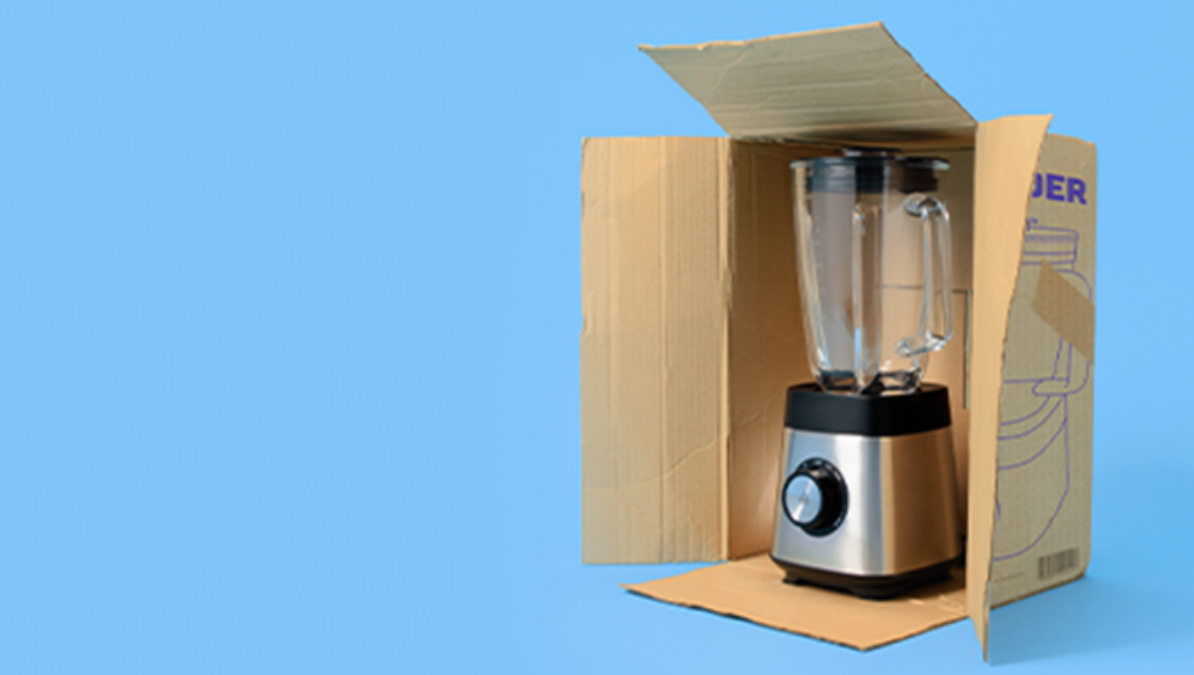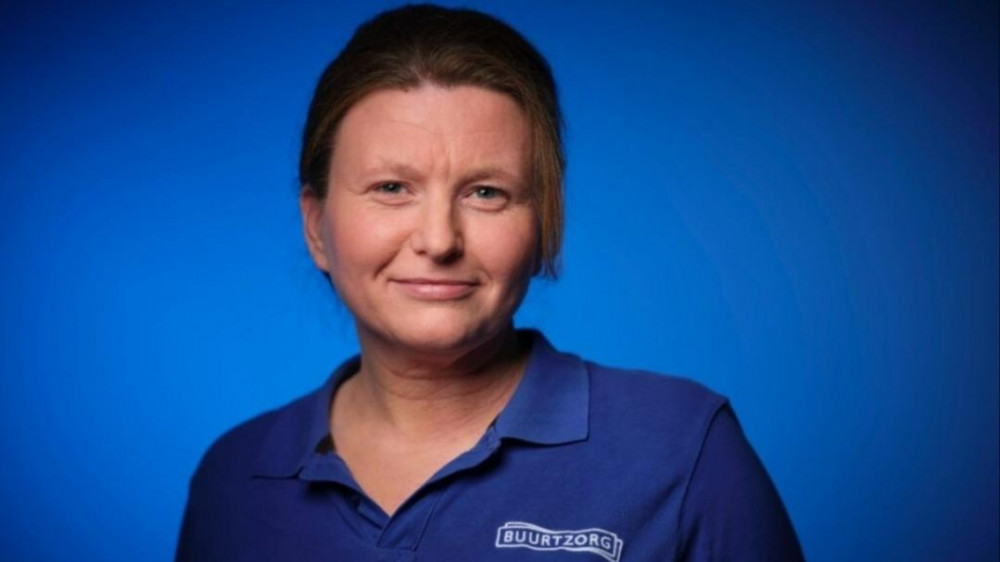Advice to cut €2.7 billion in aged care by 2029 got it wrong with Jennifer Bergkamp. The nurse in Buurtzorg in Aalsmeer and Rijsenhout appeals for more humanity in healthcare.
The nurse was stunned when she heard the advice last week to cut €2.7 billion in aged care by 2029. ‘Strong Choices’ are needed, the researchers argue. The number of elderly people will increase sharply in the next 20 years. If nothing changes, spending will double to €37 billion in 2040, and an additional 367,000 carers will be needed to care for the elderly, they claim.
Jennifer thinks this is nonsense. “If you were to spend your money more wisely and put it into healthcare, cuts wouldn’t be necessary. 32 billion is being earned on healthcare. And that money goes into research, consulting firms and boards, for example. Health care becomes a revenue model and it goes wrong.”
The article continues under the segment where Jennifer Bergkamp talks about cuts during the Op1 talk show.
To view this content, you must accept cookies.
The nurse does not see the rosy consequences of cuts. “With every policy implementation you see: they have no idea what is happening in the workplace. There is no communication between policy makers and the people implementing the work. If this continues, caring attitudes will be derailed and care workers will be overburdened. Mistrust will increase.” .
“The best moment in healthcare is when you gain confidence and can give back.”
Confidence, according to Jennifer, is the foundation of her profession. “We also expect the confidence of administrators, health insurers and the government,” she adds. “The people I come back to are often in a vulnerable position. They have to get to know me first. The best moment in healthcare is when you gain confidence and can give back.”
If there is more trust in the caregiver, it becomes easier to provide appropriate care. “In checking, you put clients into boxes of syndromes and diagnoses, while everyone else reacts differently to the disease. If you are given the space to make the care appropriate, it is a lot cheaper and you need fewer parties who want to talk about something on it.”
It’s different for everyone how to gain someone’s trust. “For that to happen, you have to get to know someone,” Jennifer explains. “For one person it’s a conversation, for another person it’s a cup of coffee and another to wash the dishes. But it also depends on someone’s experience in the healthcare field: If there hasn’t been time for you before, it will take a lot of effort for the healthcare provider. new to restore confidence.
The article continues below the image.
Jennifer gives an example. “An elderly lady with dementia from Rijsenhout started throwing crockery around. She usually thinks: ‘I’m leaving, this is dangerous.’ But if you invest time and talk to her, she can calm down and you can give her medicine, if she doesn’t get it from me she might be out, Or destroyed cars, or got into a ditch.”
Control coercion
So gaining confidence takes time, but according to Jennifer, it’s not wasted time. “Making time gives clients a lot of time in return. If they trust you, they know you’ll be there when they need it. It removes the need for control from clients which saves a lot of calls to healthcare providers and organizations.”
Another example: She was recently working in a neighborhood in Burgerveen. An elderly lady visited, “lady standing,” whom the nurse called. “I found it very difficult for me to pronounce,” she says. But as an experienced nurse, Jennifer knew enough after a few words: “The lady needs incontinence pads.”
“This is actually a vote of no confidence in my judgment.”
After two days of contact, the first step was completed: Jennifer arranged a reception interview between the older lady and the supplier. “The lady had to explain to him all in smells and colors to get her things. This is in fact a vote of no confidence in my judgment, and for the lady concerned to weep.”
It’s just one of many examples where things go wrong in healthcare. “The system that care operates on is based on control. Control is exactly what costs so much time and money. Care staff have to gain more trust. Then there’s also more room to work on our clients’ trust.”

“Total coffee specialist. Hardcore reader. Incurable music scholar. Web guru. Freelance troublemaker. Problem solver. Travel trailblazer.”

/s3/static.nrc.nl/images/gn4/stripped/data115420867-d20655.jpg)




More Stories
Opinion | Activist academics contribute to the erosion of trust in science
Dirk Drawlans’ Wild Animals: How Barnacles Invade Our Seas
Explore the space with the new virtual reality program “Final Frontier” at Arthouse LUX